Permaculture, Homesteading, and Community Building // Legal Basics of Urban Farming (Part 1)
Hi friends! I'm currently sitting at a daylong workshop called "Legal Basics of Urban Farming". It is put on by the University of California Agriculture and Natural Resources. When I began my urban permaculture farm, I had no idea how many regulations I would have to follow. Urban farming is difficult because there are often many more regulations and red tape for farming in city limits, especially if you live in a residential zone. However, the presenter that I am listening to right now says to keep in mind that an urban farmer does not necessarily need to follow the letter of the law. In a lot of farming workshops I have heard the phrase "ask forgiveness not permission". That being said, if you follow that route, I highly recommend at least knowing the regulations that you should be following, even if you decide not to.
Part 1 is a post on the presentation that Julia Van Soelen Kim gave in the beginning of the workshop. Julia is the North Bay Food Systems Advisor with the UC Cooperative Extension. Please keep in mind that some of the information that I am passing on is California specific, and may not apply to you depending on where you are located. This information is just to provide a general overview of permits, licenses, and regulations for urban agriculture, which is at the forefront of urban planning and has been rapidly changing in the favor of urban farmers (at least in California).
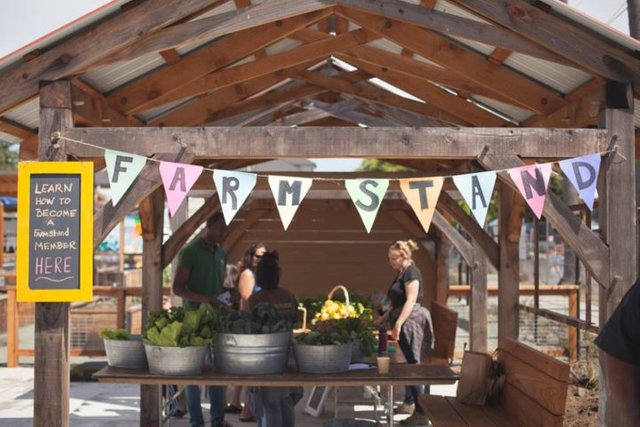
A) Permits, licenses, and regulations depend on
- where you farm - city, county, state
- which zone you’re in - agricultural vs residential vs industrial vs coastal
- how you want to farm - organic or conventional
- what you produce - fresh produce, processed produce, eggs, meat, fluid milk, processed diary products
- where you want to sell - direct or indirect
B) The different regulators - federal, state, region, county, city
C) Know your zone!
- every parcel is assigned a zone (ex agricultural, industrial, residential zone)
- all zones allow and restrict particular activity (ex you general cannot raise livestock in a high density residential zone and you cannot build high rise condos in ag zones)
- you can find your zone at your county planning department online
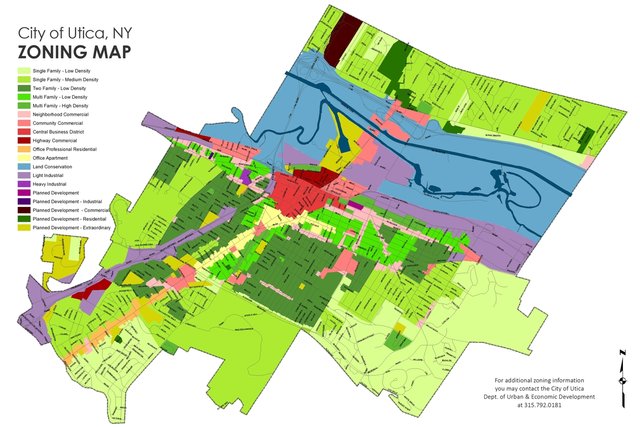
D) Need to become an approved source of food seller
- way to become an approved source —> community food producer, certified producer’s certificate, operator identification number, registered/certified organic, community supported agriculture
- community food producer is a new law in California that umbrellas everyone as an approved source
E) Food Safety Modernization Act - regulations of food safety that a food grower must comply to UNLESS - sales of less than 25,000 per year
F) Selling produce at your farm stand
- go to city planning department and get building, business, and (possibly) health permit
G) Selling at farmers markets
- required to have a certified producers certificate (CPC)
- report all the produce you grow, and have that cross checked with what you are actually selling at the market
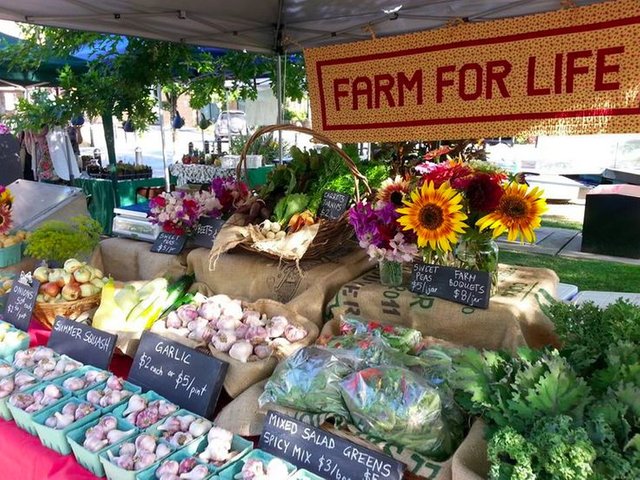
H) Selling by the pound
- must use scales approved for commercial use
- registered with your county weight and measures office (department of ag)
- tested and certified annual, annual renewal
I) Spraying with pesticides?
- need an operator identification number
- required for anyone using pesticides on farm crops for public consumption (sold or donated)
- required for organic and conventional operations (yes, there are organic pesticides!)
- register with county agriculture department
- file pesticide use reports
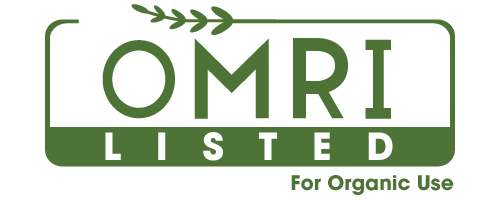
J) How to become a certified organic grower
- transition period - 36 months of using and documenting all organic practices
- record keeping required of all organic farms include - date of all activities (planting, weeding, thinning, purchasing), include when, where, why, who, not, and invoices and receipts
K) To sell eggs
- eggs are highly regulated
- need an egg handler registration
- regulated at the state level
- grading, labeling, and handling requirements
L) Selling “processed” foods
- this is a cottage food operation
- a cottage food operator license allows certain shelf-stable food products to be made in a home kitchen
- review the list of approved cottage foods (candies, cookies, dried fruits, dried herbs, ect)
- class A license (direct sales) and class b license (indirect sales)
- obtain CFO permit from County Environmental Health
- complete Food Handler training
- max annual gross sales $50,000
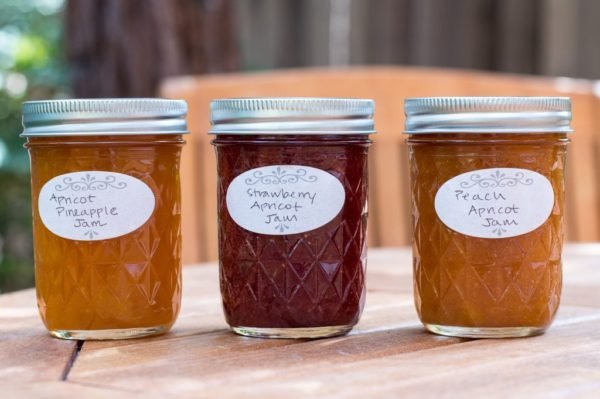
M) Co-Packer
- for valued added products
- a co-packer makes, bottles, and labels the products for you
- you supply the farm ingredients (ex strawberries for strawberry jam)
- where to find a co-packer? PRESERVE Farm Kitchen & specialtyfoodresources,com
It was a wonderful session that just touched on the tip of the iceberg for the legal basics of urban farms. The presenter for this session also happened to be head of the Food Policy Council for my county, and we chatted afterwards about working together to draft and attempt to pass an ordinance permiting for-profit urban agriculture on residential land. I also want to work with the Food Policy Council in the future to pass an ordinance permitting front yard farm stands to sell your extra garden produce (yes, as of right now my city does not allow urban farms or small front yard farm stands). This just goes to show that if you don't agree with the legal structures around urban farming, you can change them! It all starts at the local policy level. This also reinforces my belief that every urban farm is an act of resistance to our current political environment. The current political environment that I am referring to is that of valuing big businesses and invisible shareholders and dependencing on big agriculture, rather than valuing quality of life for workers and self-sustainability for communities.
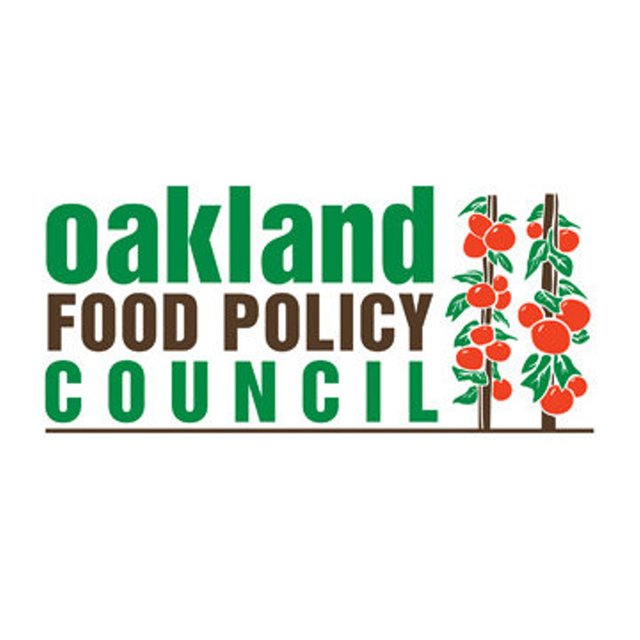
New follower here! Thats a LOT of information. thank you
I would have loved to have attended this! Thank you for sharing it.
permaculture is legit fascinating
Nice
This is fascinating. The United States is so advanced in organising these things. Here (in Brazil), we come at things from a different angle. There are at least a lot fewer regulations.
This is a good list of basics. In addition, I have found that many farmers markets have a requirement for people selling value added or processed products (such as ferments) to carry large amounts of liability insurance. Furthermore, getting approval from the county to do high-acid ferments has been a nightmare! Great article though!
great stuff. have a small farm myself.
you are doing great job! here in Lithuania we have our homestead and hives with bees at a very clean and ecological place. Our honey and other products of a bees are also very ecological and clean. my big respect to people who are trying to get our planet better and cleaner
shared to my facebook page since i can't resteem apparently 😉